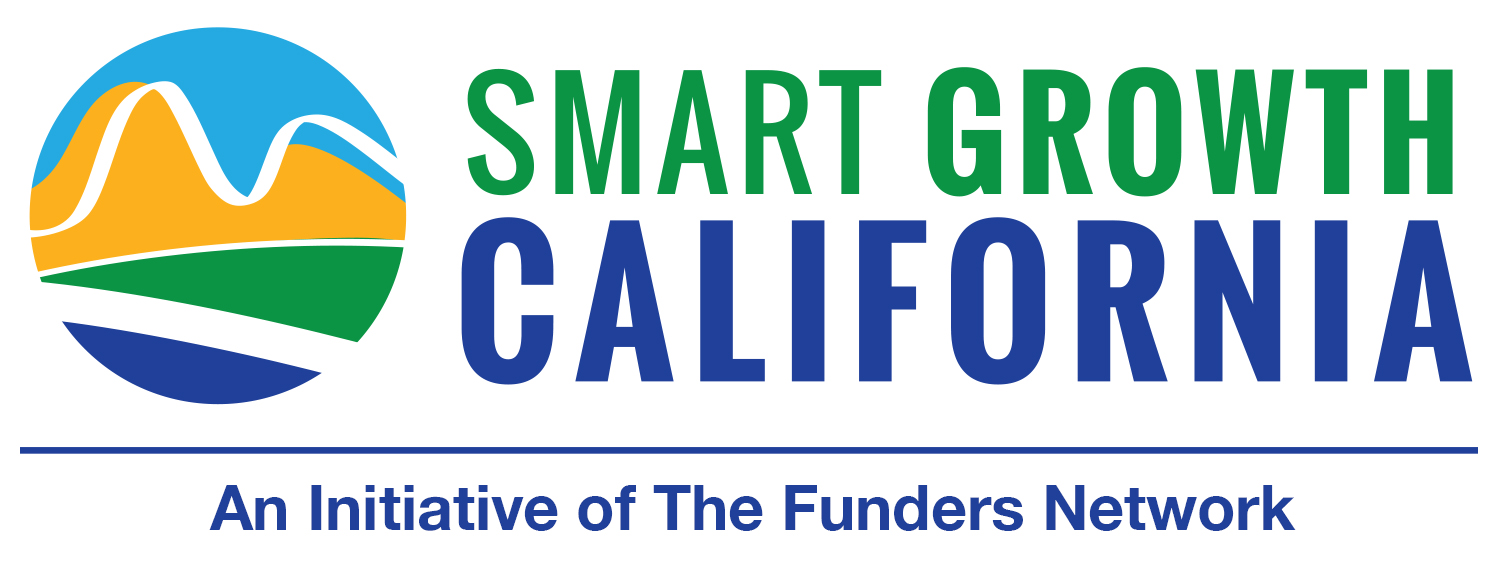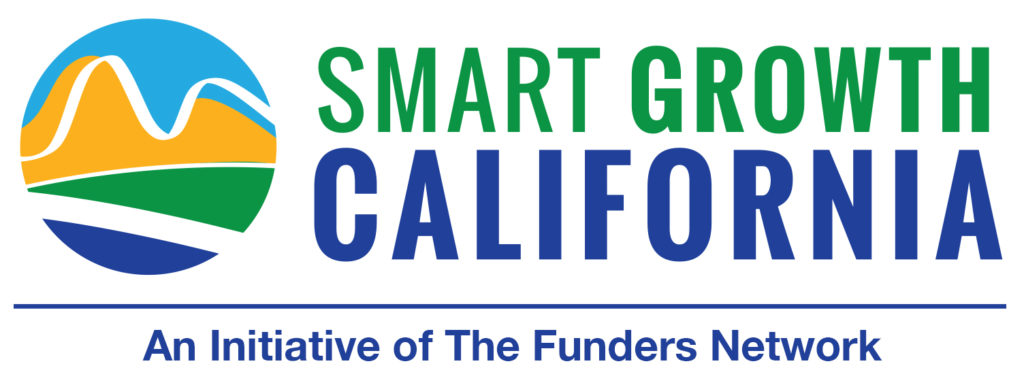Dates/Time
July 16, 2019
1:00 pm
How can innovations in data and technology increase the benefits of environmental conservation and restoration — and drive actions to where it’s most needed?
Join TFN’s Intermountain West Funder Network Peer Learning Webinar, How Innovative Mapping Tools Can Improve Land-Water Decisions, at 1 p.m. MT July 16 to learn more about data-driven environmental planning and precision conservation. Funders will learn how integrating the concept of the “efficient frontier” into environmental decision-making can dramatically improve our ability to invest in the highest performing, most cost-effective projects.
We’ll feature insights and expertise from the Conservation Innovation Center (CIC), which is working to leverage data in order to maximize environmental returns. We’ll learn how the CIC is working with the Lincoln Institute of Land Policy’s Babbitt Center for Land and Water Policy to demonstrate how this data-driven approach can be applied in the Colorado River Watershed.
We’ll explore how geospatial datasets can help pinpoint and mitigate pollutants, such as those produced by the agricultural industry, and other stories from the CIC and Babbitt Center — including how efforts to map 3,800 square miles of Pima County, Ariz., helped the community make data-informed decisions about green infrastructure, flood mitigation, and increased water efficiency, issues that have taken on increased urgency in the face of extreme weather and other climate-related impacts.
Speakers:
- Paula Randolph, Associate Director, Babbitt Center for Land and Water Policy & IMWFN Steering Committee Member
- Jeff Allenby, Director of Conservation Technology, Conservation Innovation Center

